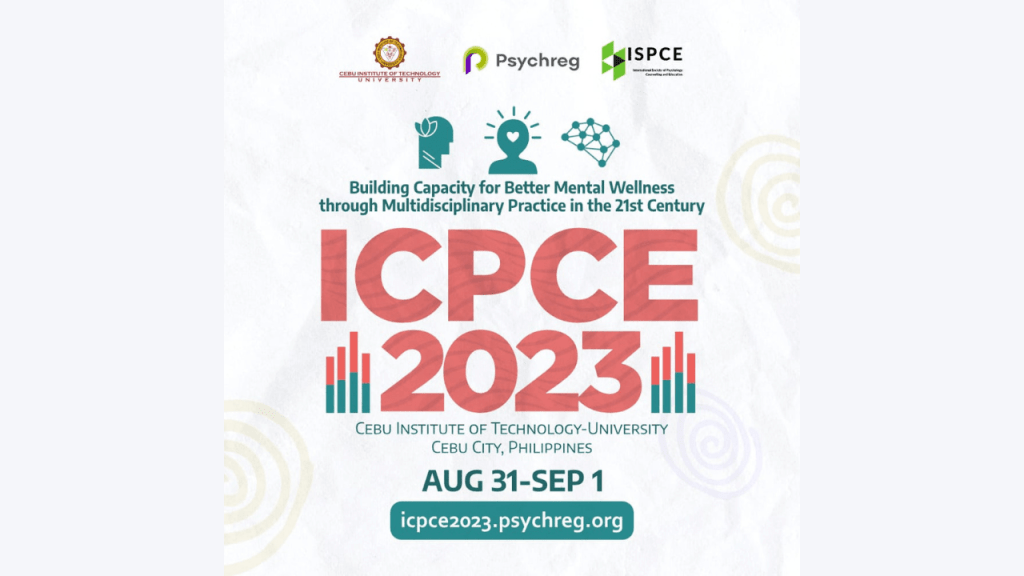Addiction is a severe form of substance use disorder (SUD). It is a mental disorder, and it is treatable. Even though for the ones with severe addiction, recovery can be an arduous process, life after recovery will make the efforts worthwhile.
Addiction is the inability to control the use of a substance despite the negative effects on personal and professional life. The first experience with substances is often voluntary. But the way it spirals into an addiction depends on the individual’s circumstances, genetics, brain chemistry, mental health, and social-environmental factors.
The mental health and addiction link
The relationship between mental health and addiction is quite complex. Mental health problems and substance abuse are often co-occurring conditions. Both conditions are associated with increased morbidity and mortality. Addiction and mental health disorders share common risk factors like genetic vulnerabilities and environmental influences such as traumatic experiences and extreme levels of stress.
In England, in the year ending March 2022, nearly 70% of the adults entering substance abuse treatment reported a mental health need. This percentage was observed to be a part of a rising trend from the previous 3 years. Nearly one-fifth of all those requiring mental health treatment were not receiving any treatment. From all the substance groups, two-thirds of the new starters required treatment for mental health.
Source: Adult substance misuse treatment statistics 2021 to 2022: UK National Statistics Report
Mental health problems can drive people into substance abuse. An individual suffering from a mental health issue might try to self-medicate using substances, which can lead to dependency. Some mental health issues are more likely than others to push a person towards substance use/ misuse. People with depression, personality disorders, schizophrenia, post-traumatic stress disorders, and anxiety disorders are more likely to turn to substances for relief. Some substances can make mental disorders harder to treat. Mental disorders and addiction have a very vicious relationship.
Substance use can contribute to the development of mental disorders. For instance, adolescent marijuana use is associated with a higher risk of adulthood psychosis. Substance abuse affects several of the same areas of the brain that are affected by other mental disorders. It has also been observed that symptoms of mental disorders get worse due to substance abuse.
The role of mental health in recovery
Recovery from addiction revolves around the improvement of mental health. Mental health plays just as much of a critical role in recovery as it does in addiction. If substance use is causing (or worsening) mental health issues or a mental health issue is the root cause behind substance abuse, the affected person needs to let the health care providers know. The individual might receive a dual diagnosis or co-occurring diagnosis. When there are co-occurring conditions, diagnosis is often difficult as there might be several common symptoms.
People with mental health needs that co-occur with substance abuse find it harder to get the help they require. Although it should not be happening, many times mental health services do turn away individuals with a dual diagnosis. Centres like Rehab Guide can assist affected individuals in getting admitted to suitable drug rehab programs and securing the help of mental health services.
If a person is struggling with substance abuse and another mental disorder at the same time, ideally the person needs to be treated for both at the same time. Regardless of which problem made an appearance first, both need to be addressed. The affected person might need medications, detoxification, management of withdrawal symptoms, support groups, lifestyle changes, and therapy.
Even for people who do not have co-occurring conditions, working on mental health can aid and accelerate addiction recovery. Any individual on the road to recovery from addiction must focus on mental health, and try to maintain a healthy lifestyle. Focusing on mental health can help in preventing triggers that might make an individual turn to substance abuse. When there is an improvement in the mental health of a person, that person is more likely to make better decisions and lifestyle choices.
Treatment of substance abuse often involves the use of behavioural psychotherapy for the modification of attitudes and associated behaviours. A group therapy format with a supportive environment is recommended. Addiction disrupts the life of people and severely affects mental health. The recovery process requires counsellors to select the most suitable services according to the nuances of the case. Relapses also negatively impact mental health and increase suicidal tendencies. A relapse simply indicates that further support and possibly some modification of the treatment program is required.
Key takeaways
- Addiction is a medical condition. It is a treatable disorder. It has been observed that, through the use of research-based methods, affected individuals stop the use of drugs, recover their mental health and go on to lead productive lives.
- It is possible to accelerate recovery from substance addiction by making efforts to improve mental health. Long abstinence from substance use can also lead to a significant improvement in mental health.
- The information provided here does not constitute a medical or psychological consultation. It is meant for educational purposes.
- To recover from addiction and improve overall mental health, it is advisable that the affected individual or family and friends consult specialists in this field. The recovery and healing process is complicated and better handled under the supervision of experts.
Ellen Diamond, a psychology graduate from the University of Hertfordshire, has a keen interest in the fields of mental health, wellness, and lifestyle.




























